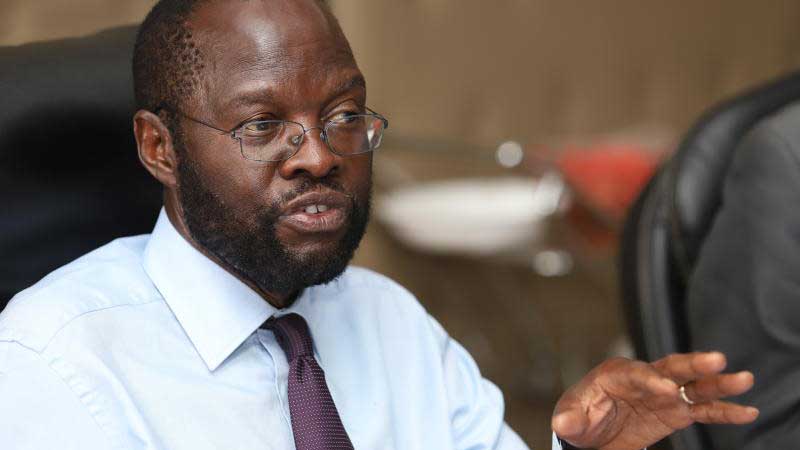×
The Standard e-Paper
Kenya’s Boldest Voice

KISUMU, KENYA: A governor and his sister have been ordered by the High Court to include all children of their two sisters in the list of beneficiaries of their late father’s multi-million property.
Kisumu Governor Anyang’ Nyong’o and his sister Risper Nyagoy who have been benefiting from property were also ordered to file an account of the father’s property since a grant was awarded to them and file it within 45 days..